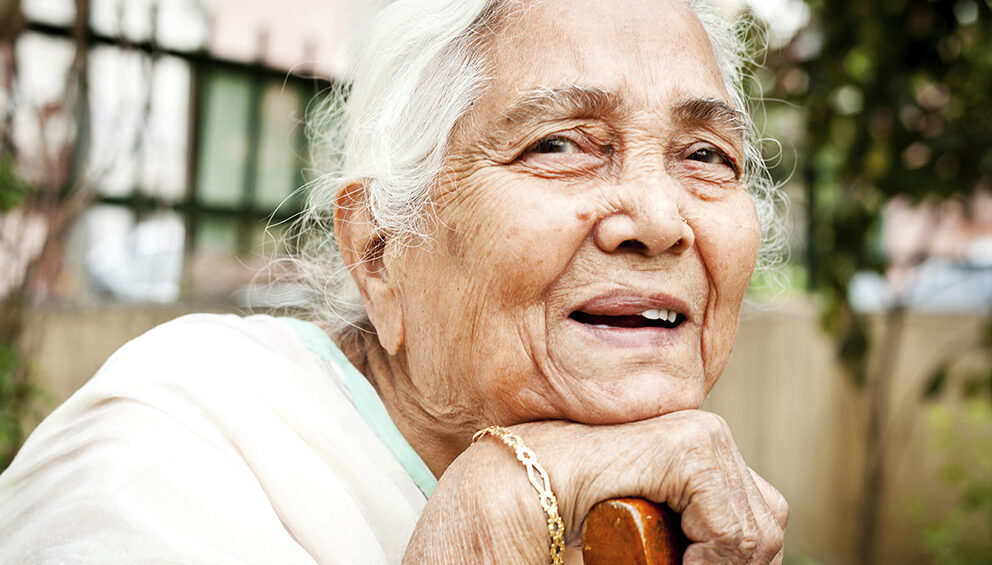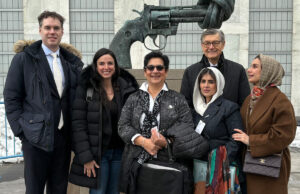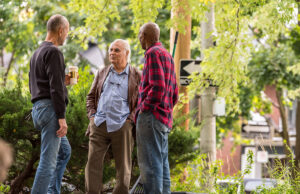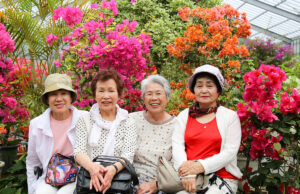Seniors and Lebanese Protests
by Joyce Eid
Triggered by a stagnant economy, endemic corruption of the public sector, and condemnation of sectarian political rule, civil protests are taking place in Lebanon. The revolution may have started with the youth, but senior citizens rapidly joined the peaceful uprise. They are protesting against the corrupt system and debilitating financial policies that exhausted many generations and affected their businesses, indemnities, and retirement.
Many seniors support the protestors’ demands of holding the politicians accountable for mismanagement of the economic system for decades and corruption. The deteriorating economy has affected their standard of living through diminished access to health care, as well as basic services such as water and electricity.
A major sector of the Lebanese economy depends on importing raw material in US dollars for manufacturing goods and basic industry. Due to the dollar-rationing policies implemented by banks lately, major shortages and price hikes in gas, food, medical and pharmaceutical stocks. and other vital supplies have been noticed to drastically affect the more vulnerable senior population. While the aged population supports the demands for political change, they do appear to be more sensitive to the threats of confrontation due to the traumas of past civil war experiences and the vulnerability of their monetarily status.
Currently, Lebanon’s older citizens – over 65 years of age- makeup 7.3% of the Lebanese population. This number is predicted to increase as a result of decreased mortality rates and youth emigration.
These youth working abroad showed solidarity with their homeland and echoed the sentiments of the protestors by organizing demonstrations in major European cities, as well as North America and Australia. They urged the Lebanese leaders to engage in open dialogue with the country’s citizens and respond to their demands for a better future of the country. Many of the young generation, due to the lack of opportunities and the high rate of unemployment in Lebanon, opted to work abroad in order to support their aging parents at home. Many seniors living at home or in longterm care depend on monthly financial support of their children, but at the same time lack the warmth of their proximity.
Some residents at Moadieh Evangelical Center (MEC) for Assisted Living in Beirut express their dismay to the new hurdles they are facing regarding withdrawing money from banks. A sense of dread is permeating their financial stability since the currency value has plunged since demonstrations began. Many seniors are skeptical as to what the protestors may be able to achieve while facing a sectarian political system exploited by the warlords for decades. Others see hope, passion and pride in the youth for a long awaited reform.
One of the residents at MEC said because of our ambitious youth, we all now have an opportunity to outline a reform that tackles inequality and injustice for the current and future generations.
Through demonstrating on the streets, Lebanon’s protestors have woken up a nation. Despite the rising magnitude of hardships that seniors face during these turbulent times, they do have hope for a better Lebanon.

Recently Added
February 19, 2026
Statement to the United Nations: February 2026
January 22, 2026




